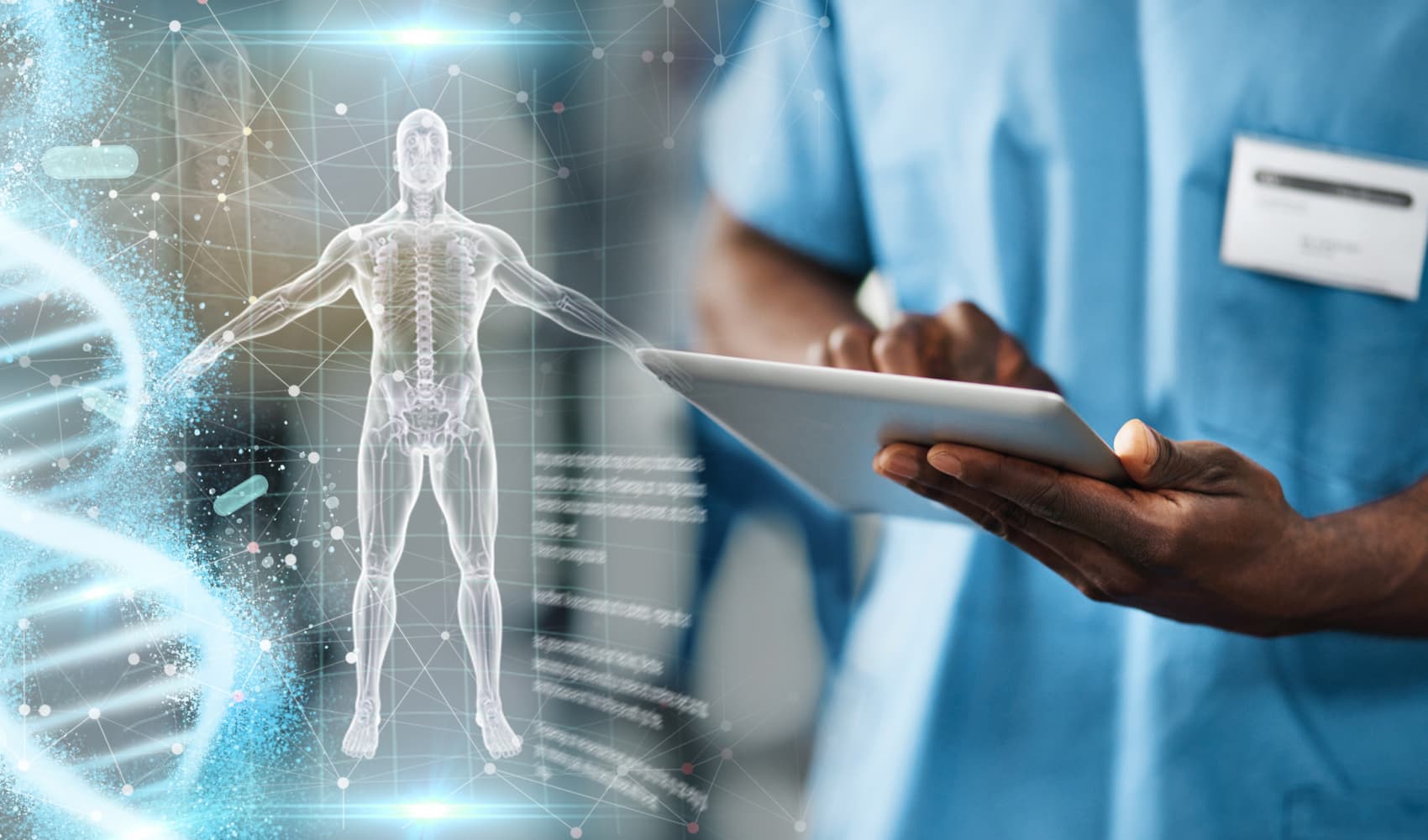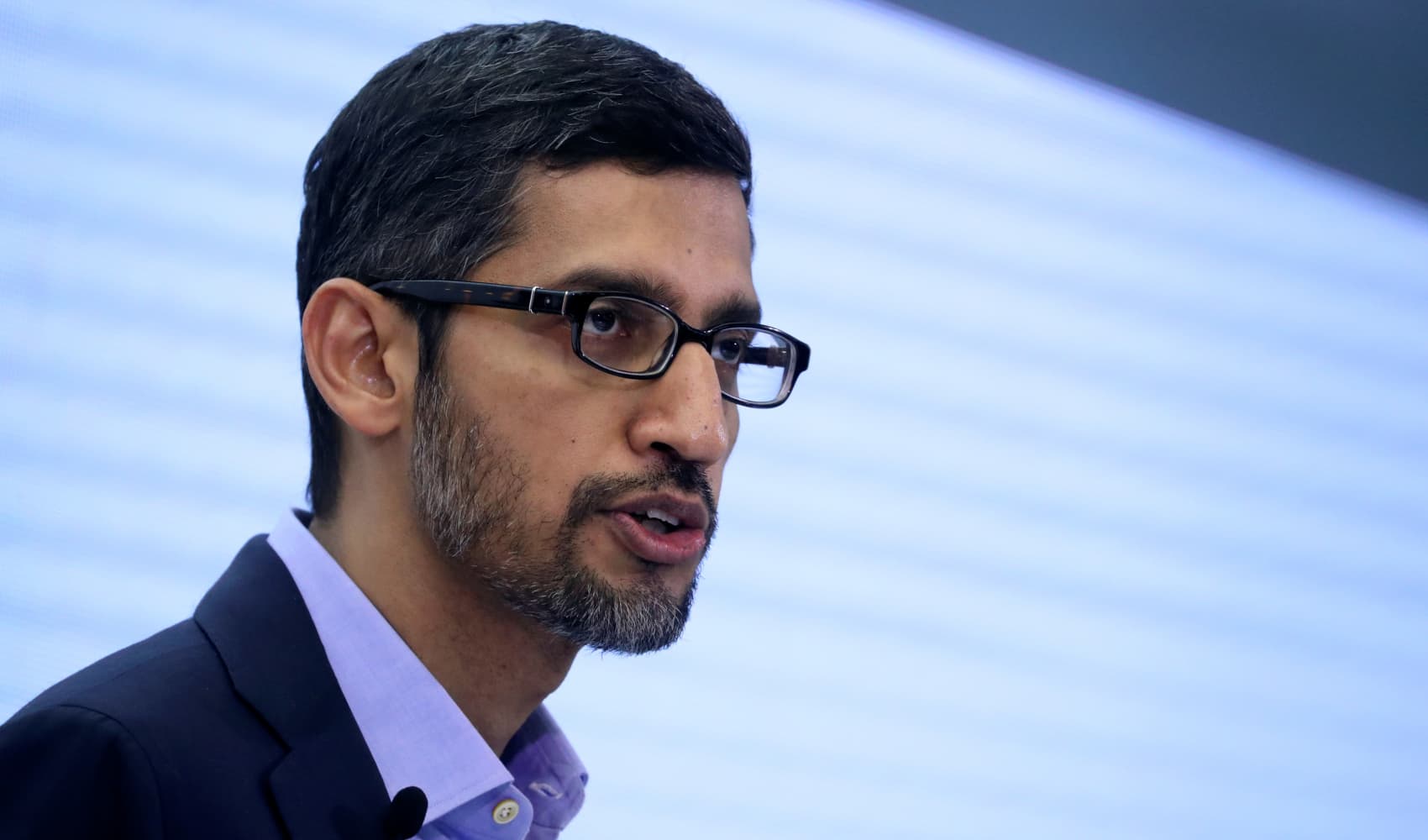The University of Vermont Health Network is the latest to adopt an artificial intelligence tool meant to make life easier for both doctors and patients.
The partnership with Abridge, a company that uses AI to transcribe doctor-patient interactions during appointments, runs within the Epic medical records system that most health care networks use. It records what doctors and patients say to produce a transcript that clinicians can refer to when working on a patient’s chart.
"As a doctor, nothing crushes my soul more than the clerical work, the clinical documentation that I have to do when I see patients,” said Dr. Shiv Rao, a practicing cardiologist who founded Abridge in 2018. “That's where Abridge comes in ... we look to help them really focus on the person who matters most, the patient.”
Rao’s company has been adopted by a roster of health networks around the country, including Emory and Yale New Haven Health. Their partnership with UVM was announced in early July after a two-month pilot period was deemed successful.
Get New England news, weather forecasts and entertainment stories to your inbox. Sign up for NECN newsletters.
“The findings were so amazing that we have done [the rollout] quickly,” said Dr. Alicia Jacobs, a family physician in Vermont and a member of the UVM Health informatics team that helped with the pilot rollout.
That pilot showed a 60% decrease in time spent documenting patient encounters, a 51% decrease in clinician cognitive load and a 53% increase in clinicians’ professional fulfillment as measured by the Stanford Professional Fulfillment Index, according to a joint statement from Abridge and UVM Health.
“The entire cognitive load of being worried, trying to remember to write your notes or type while the patient's talking so we can finish our notes quickly ... all of that disappeared,” Jacobs said, explaining that now she can just proofread and consolidate the notes Abridge generates.
The measure of work clinicians have to do after their normal hours is commonly referred to in the field as "pajama time." Dr. Natasha Withers, administrator of high value care at UVM Health, says hers has changed exponentially since using Abridge.
"After hours, I was spending upwards of two hours a day writing notes, answering messages, things of that nature. And that has really significantly decreased," she said, noting she has been surprised at the transcription catching details she might have missed during appointments.
Rao says he hopes to continue getting Abridge into the hands of as many health networks as possible, especially at a time when doctors are leaving the profession in droves and many medical students are questioning whether it’s a worthy path.
"I would be thinking throughout my day, please don't add any more patients to my schedule, because I will just be up later tonight doing notes,” said Dr. Carrie Wulfman, who has been practicing in Brandon, Vermont, for 30 years. “And now that's okay. I can fill my schedule. I'm not constantly thinking about all the work that I have coming later. The other thing that this brings to me is just more joy, I think, in continuing my career for a few more years.”



